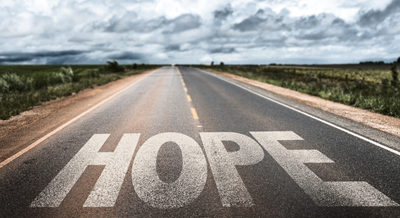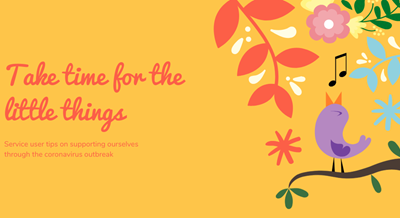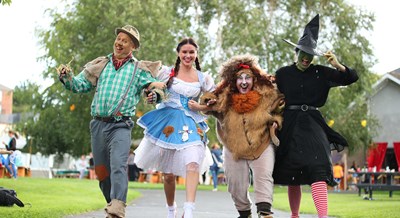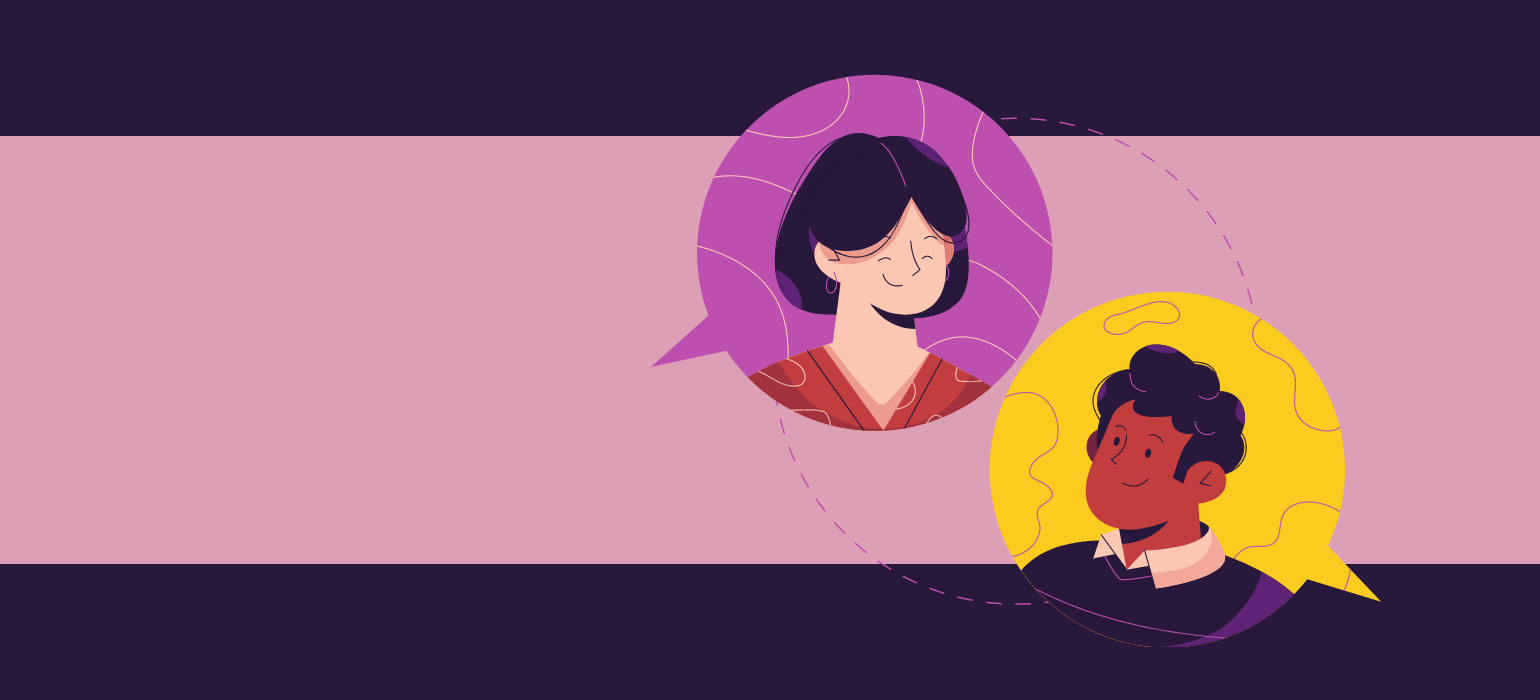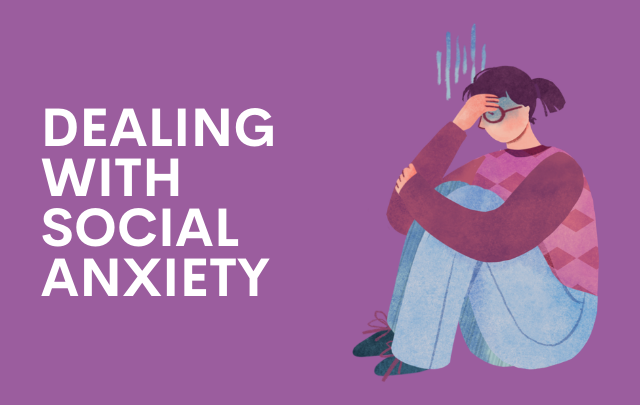
Lots of us can find ourselves nervous or worried about social situations. Paula, who is a member of our Service User and Supporters Council, shares her experience of social anxiety and how she has learnt to overcome it.
Now more than ever, people going through social anxiety are expressing their concern about future social encounters.
Social anxiety is the term given to excessive anxiety about future social events, in which the person anticipates mixing with other people in situations that will bring on stress. The prospect of this stress gives rise to feelings and thoughts of being unable to control the stress in that future time, and a fear of being unable to enjoy the event that caused the stress and anxiety in the first place.
In a world that is becoming smaller and smaller by virtue of the Internet and constant communication, we are thrust into social situations and events every day. At a superficial glance, many of those in our social bubbles appear blasé and confident at every turn. They laugh and smile, and don’t appear to be impacted by alarm, disquiet or inadequacy. Every situation seems to confirm their confidence. But not for all of us. Why?
Feeling anxious
I used to be part of this unhappy cohort. I used to dread social situations. Situations that used to be ordinary and uneventful to other people, filled me with angst: going to Mass on Sunday, going to a restaurant, or heading into a coffee shop threw up huge anxiety for me.
I would squirm at the prospect of these events or activities. In my free time, I would imagine those situations and, in my mind’s eye, would see myself with other people, whether in the church or restaurant, in the theatre or concert hall. Always I would be looking anxious, unable to construct a simple conversation, feeling awkward, under confident, and vulnerable.
Breaking the cycle
Things continued in this vein for many years. I reached out for help, but not enough. I thought my anxiety problems were insurmountable. My confidence diminished as this social anxiety problem remained unsolved.
Some years later, a wonderful nun called Sister O’Connor, a senior psychologist in a hospital, helped address the problem, although it was a long time before I practised the techniques she taught me. But her techniques worked, and went a long way to solving the problem. She suggested looking around me as I became anxious: look at the ceiling, the walls, the decorations around me. Ask myself what they’re like, why I like or dislike them. Become absorbed with the details around me. Pay attention.
These might seem like very small things to do, but they actually interrupted the cycle of panic. New thoughts came into my head. They weren’t anxious thoughts. They weren’t fearful thoughts. They were just observing thoughts, noticing thoughts. For a few minutes, I wasn’t anxious. I was just observing.
This meant that the cycle of panic had stopped. It was no longer necessary to leave the venue. I could breathe normally again. I stopped shaking. My mouth was no longer dry.
Needing something more
Around that time, I used to hate the half-time coffee break in the concert hall and other theatres. I shook so much from anxiety that I couldn’t lift my coffee cup to drink the coffee. I was terrified that other people would notice. If they did, I thought perhaps they would judge me - and judge me severely. Perhaps they would ridicule me, laugh at me. I felt so embarrassed, so mortified, at the prospect. My anxiety detracted hugely from the enjoyment of these events. I felt sad that events had taken this turn. But I was determined to solve the conundrum: how to attend such events, minus the social anxiety.
I started to implement Sister O’Connor’s techniques to act as a circuit-breaker in my panic attacks. They began to interrupt my negative trail of thought. They gave me confidence. But I was still very afraid. Something else was needed.
Things got worse before they got better. The endless cycle of anxiety was wearing me down. I didn’t want to stop attending social events with my friends and family, particularly as I was so interested in them, and I didn’t want to be defeated. The situation was heading for a crisis. I was so dismayed and dispirited that I thought I would never solve the problem, which was contributing to my depression.
Learning to think "so what?"
Then the “eureka” moment finally arrived. I finally said “Who cares? So what? So what if these people think ill of me? So what if they notice I’m nervous? So what if they laugh?”.
I wondered about who was going to laugh anyway: did I really think people were going to laugh because I was unwell, because I was suffering in that moment? Because at that time, that’s what it was for me – suffering.
I thought about it more. Did I even know the names of these people? Did they know mine? Would I ever even see them again? Even just five minutes after they left the venue, would they remember me? No! So, why was I worried? I realised I didn’t care any longer.
This was one of the most liberating moments of my entire life: “who cares? I don’t!” After that, I stopped shaking, panicking, being anxious.
The new question wasn’t “what if people notice?” but “so what if people notice?”.
Feeling free
I felt liberated. I started to enjoy things and do more things. Whenever my old anxiety tried to come back, I would shut the door on it: I’d remind myself of my realisation - “who cares? So what?”.
I wouldn’t let the anxiety back. Those people didn’t deserve this power over me. Now, I refuse to lose my peace over people whose names I don’t know. Most people do not wish you or me to feel the angst of social anxiety. Most good people want other people to be happy. Most good people would feel saddened and shocked if they felt that you or I were thrown into internal disarray because they were there, where you were.
Be encouraged
Whoever you are, whether you’re reading this piece or hearing it read to you, don’t be discouraged. I was so very, very anxious, but now I’m mostly free. So march on in victory! Find your peace, and nurture your peace…
If this advice can work for me, I hope it works for you too. Think about it and try it. Go forward knowing that life can be better – much better – in a world minus your social anxiety.

